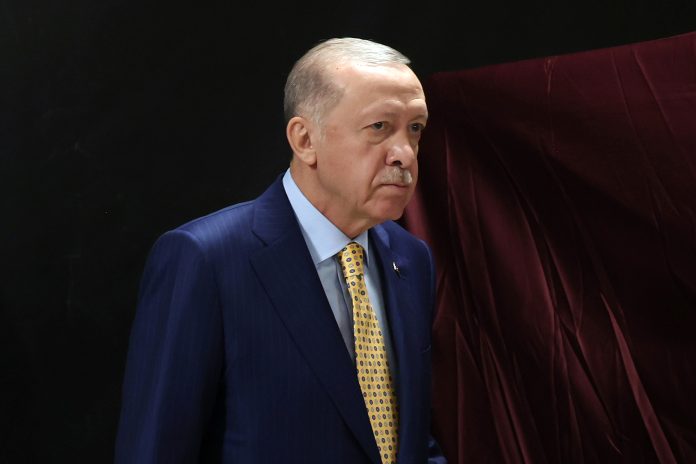The Turkish opposition secured control of the country’s largest cities in local elections on 31 March, outperforming the ruling Justice and Development (AK) party, according to The Economist.
As of 23:00 local time, the opposition Republican People’s Party (CHP) won 36.2% of the total vote compared to 36.2% for the AK.
Opposition parties achieved larger victories in major cities. In Istanbul, where Turks voted for mayors and city councils, city mayor Ekrem İmamoğlu secured a new term. With more than 80 per cent of ballots opened, he received 50.5 per cent of the vote, compared to 40.7 per cent for his AK Party rival Murat Kurum, a former urban affairs minister.
The results in other regions were even more unusual. Just ten months after Turkey’s general elections, the country’s main opposition party has managed to reshape its political map. In the capital city of Ankara, incumbent CHP mayor Mansur Yavaş outpaced the AK candidate by 25 percentage points. In Izmir, Turkey’s third city, the CHP mayoral contender beat his AK counterpart by 11 points.
The opposition also affected small towns and villages, traditional sources of AK’s main support, Evren Balta, a professor at Ozyegin University, noted.
The electoral map of Turkey has been transformed.
The scale of AK’s losses in Istanbul and elsewhere means that President Recep Tayyip Erdoğan’s push for changes that might be put to a referendum may now diminish or disappear altogether.
The remarkable improvement in the opposition’s results has a lot to do with the economy, experts argue. Despite Erdoğan’s assurances last summer when he and the AK won the presidential and parliamentary elections, the economy remained in decline. Even after raising interest rates by a total of over 40 percentage points, annual inflation has continued to rise, slowly approaching 70 per cent.
The incumbent president could no longer offer voters protection against skyrocketing consumer prices, Balta noted.
Because of the turn to economic orthodoxy, people are feeling the economic pain even more than before.
Istanbul is considered the most influential political zone, as the city of 16 million people, including migrants from all over the country, accounts for almost 20 per cent of Turkey’s population and 30 per cent of its economic output.
Moreover, control of a $16-billion budget and a patronage network helps to keep finances flowing. Erdoğan won the 1994 mayoral election here in Istanbul, which allowed him to lead the AK and eventually assume the highest office in Turkey.
Today, İmamoğlu may follow a similar path. The 52-year-old politician, already the opposition’s most recognisable figure, now has a clear route to the CHP leadership and a run in the 2028 presidential election.
Erdoğan faced predicament as he realised that if he or his successor lost to İmamoğlu, the AK would lose power, Berk Esen, an academic at Sabanci University, stated.
For him that’s a nightmare scenario […] He may even have to contemplate an early election or a transition back to a parliamentary system.
